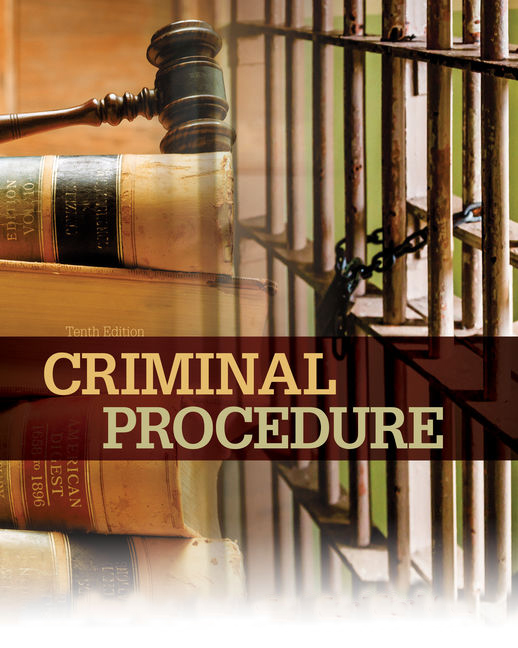The decision that the Police Sub-Inspector has the authority to conduct an investigation and file a charge sheet and that after thorough examination, the charge sheet issued by the Police Sub-Inspector has no flaws is upheld by the High Court of Karnataka through the learned bench led by HONOURABLE MR. JUSTICE K. NATARAJAN in the case of E S Praveen Kumar v. State of Karnataka (Criminal Petition 2807/2022).
FACTS OF THE CASE– The sub-Inspector of Police registered a case against the petitioner and another in Crime No.404/2021 for the offence punishable under Section 306 read with 34 of the IPC based on the FIR made by the Police Inspector of Byadarahallai Police Station. It was alleged that on September 17, 2021, the accused No.1 Hallagere Shankar went to the police station and filed a written complaint, which was registered as UDR No.59/2021 under Section 174 of the Cr.P.C, in which he stated that his wife, Bharathi, and two married daughters, Sinchana Kumari-wife of the accused No.3 and Sindhu Rani-wife of the accused No.2, as well as his son Madhusagar and his grandson were found dead in his house. Hallagere Shankar’s wife and three children, accused No. 1, had committed suicide. Following the registration of the information in the UDR, a police inspector went to the scene, shifted the dead bodies, and conducted an inquest Panchnama before subjecting all of the bodies to a post mortem examination. Following that, the Police Inspector conducted a preliminary investigation under Section 174 of the Cr.P.C. and discovered that the deceased Sinchana Kumari, Sindhu Rani, and Madhusagar had all left death notes stating various complaints against the accused Nos. 1 to 3 as well as their inlaws. As a result, he filed a complaint with the SHO, the Sub-Inspector of Police, who then registered the case and arrested the petitioners. They’ve been remanded in custody by a judge. The accused Nos. 1 to 3 had filed a bail petition with this Court, but it was denied. The accused No.3 also filed a second bail petition, which was also denied, and now he is before this Court by filing Crl.P.No.2807/2022 for granting bail in a third consecutive bail petition, while the accused No.2 appeared in court for a second bail petition in Crl.P.No.3302/2022, and the accused No.3 also filed a writ petition challenging the charge sheet.
The counsel for the petitioners, Hashmath Pasha, argued that the police inspector is the station’s SHO, and that because of this, the charge sheet filed by the police Sub-Inspector, who is a lower-ranking officer than the police inspector, has no power to do so. As a result, the charge sheet is likely to be dismissed and returned because it was submitted by an officer who was not authorised by law.
The counsel for respondent, i.e. Special Public Prosecutor V S Hegde contended that no court can question the Police Officer’s investigation under Sections 154 and 156 of the Cr.P.C. It doesn’t say who has to investigate, and the charge sheet can’t be thrown out because of a flawed inquiry; it’s just an irregularity that can be fixed.
The Court referred to the Supreme Court’s decision in Fertico Marketing and Investment Pvt. Limited and others Vs. CBI and others, in which the Court stated categorically that any error or irregularity in the police filing of the charge sheet, and the Court’s cognizance taken on the basis of such charge sheet, could not be set aside, nor could further proceedings in pursuance thereof be quashed. There was also a reference to H.N. Rishbud v. State of Delhi, which held that if cognizance is taken based on a police report tainted by a violation of a mandatory provision relating to investigation, the result of the trial that follows cannot be set aside unless the illegality in the investigation was shown to have resulted in a miscarriage of justice. The fact that an illegality was committed during the course of an investigation has no bearing on the Court’s competence or jurisdiction to try the case.
JUDGEMENT– The court, citing sections 154 to 156 of the Criminal Procedure Code, stated that according to the learned counsel for respondent, Section 156 of the Cr.P.C permits the police officer to investigate the matter, but it does not specify whether the officer is an Inspector of Police or a Sub-Inspector of Police. On the surface, it says only Police Officer and that no police officer’s actions in any such case shall be called into question at any time on the grounds that the case was one that such officer was not authorised to investigate under the Section, implying that any police officer, whether Sub-Inspector or Police Inspector, is authorised to investigate the matter and that it cannot be questioned. The court said that it is widely established that officers in command of police stations include an Inspector of Police, a Police Sub-Inspector, an Assistant Sub-Inspector, and a Head Constable not below the level of Police Constable. The bench then referred to the Karnataka Police Manual, stating that according to the guidelines mentioned and the police manual, the Sub-Inspector is also empowered to file charge sheets, and he was the officer in charge of the police station at the time. As previously stated, the complaint was filed by the Police Inspector, who identified the Sub-Inspector as the SHO, and it was the Police Sub-Inspector who registered the FIR, investigated the matter, and filed the charge sheet. As a result, the court held that the charge sheet cannot be described as unclear, unapproved, or illegal. Stating this, the court dismissed the petitions.
JUDGEMENT REVIEWED BY- ATIVA GOSWAMI


